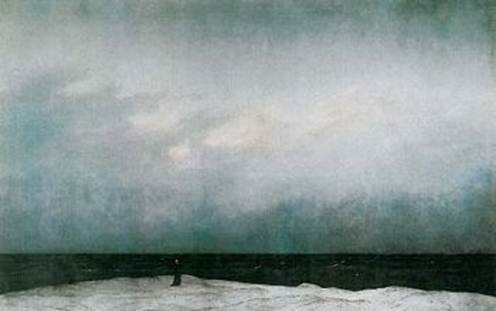DE VOLTA PARA OS ANOS INCRÍVEIS: O DEBATE POLÍTICO COMO HERANÇA DO DISCURSO DOS MOVIMENTOS ARTÍSTICOS DOS ANOS 60 NO BRASIL
DOI:
https://doi.org/10.48075/rlhm.v11i18.12166Palavras-chave:
anos 60, discurso político, poesiaResumo
O presente artigo tem como ponto de partida uma discussão do ensaio “A participação engajada no calor dos anos 60”, de Heloisa Buarque de Hollanda. Destacamos a separação que a escritora propõe entre os discursos de diferentes grupos ideológicos no efervescente contexto social, político e cultural da década de 1960 no Brasil. Os grupos discutidos no interior da intersecção entre o texto de Hollanda e o nosso recorte temático são dois: aquele abrangido pela perspectiva populista do Centro Popular de Cultura (o CPC) e os grupos artísticos de vanguarda brasileiros, representados pelo movimento concretista e pelos poetas desenvolvedores e praticantes do poema-práxis e do poema-processo. Abordamos os aspectos ideológicos imbricados nos discursos revolucionários desses grupos, tanto em termos das oposições que esses discursos trazem à tona quanto em relação ao terreno comum sobre o qual ambos constroem as bases de seu engajamento político. Em seguida, tratamos de como o poeta Ferreira Gullar posicionou-se nessa luta de ideais para, finalmente, assumir a postura que julgou ideal para a defesa do engajamento artístico. Para tanto, propomos uma leitura do poema narrativo “João Boa-Morte, cabra marcado para morrer”, publicado em 1962, no contexto da chamada literatura de cordel. O poema, pensamos, pode ser apontado como exemplo de que a arte modernista, a despeito do estranhamento que possa impor à sua apreciação pelo povo, não está excluída do debate político forjado por grupos ideológicos de orientação popular, não estando a poesia em posição oposta à de outras formas de expressão artística supostamente melhor aplicáveis ao engajamento, como argumentou Jean-Paul Sartre.Downloads
Publicado
04-03-2016
Como Citar
MONTE JR., J. O. C. DE VOLTA PARA OS ANOS INCRÍVEIS: O DEBATE POLÍTICO COMO HERANÇA DO DISCURSO DOS MOVIMENTOS ARTÍSTICOS DOS ANOS 60 NO BRASIL. Revista de Literatura, História e Memória, [S. l.], v. 11, n. 18, 2016. DOI: 10.48075/rlhm.v11i18.12166. Disponível em: https://e-revista.unioeste.br/index.php/rlhm/article/view/12166. Acesso em: 15 dez. 2025.
Edição
Seção
PESQUISA EM LETRAS NO CONTEXTO LATINO-AMERICANO E LITERATURA, ENSINO E CULTURA
Licença
Aviso de Direito Autoral Creative Commons
Política para Periódicos de Acesso Livre
Autores que publicam nesta revista concordam com os seguintes termos:
1. Autores mantém os direitos autorais e concedem à revista o direito de primeira publicação, com o trabalho simultaneamente licenciado sob a Licença Creative Commons Attribution que permite o compartilhamento do trabalho com reconhecimento da autoria e publicação inicial nesta revista.2. Autores têm autorização para assumir contratos adicionais separadamente, para distribuição não-exclusiva da versão do trabalho publicada nesta revista (ex.: publicar em repositório institucional ou como capítulo de livro), com reconhecimento de autoria e publicação inicial nesta revista.
3. Autores têm permissão e são estimulados a publicar e distribuir seu trabalho online (ex.: em repositórios institucionais ou na sua página pessoal) a qualquer ponto antes ou durante o processo editorial, já que isso pode gerar alterações produtivas, bem como aumentar o impacto e a citação do trabalho publicado (Veja O Efeito do Acesso Livre).
Licença Creative Commons
Esta obra está licenciada com uma Licença Creative Commons Atribuição-NãoComercial-CompartilhaIgual 4.0 Internacional, o que permite compartilhar, copiar, distribuir, exibir, reproduzir, a totalidade ou partes desde que não tenha objetivo comercial e sejam citados os autores e a fonte.


